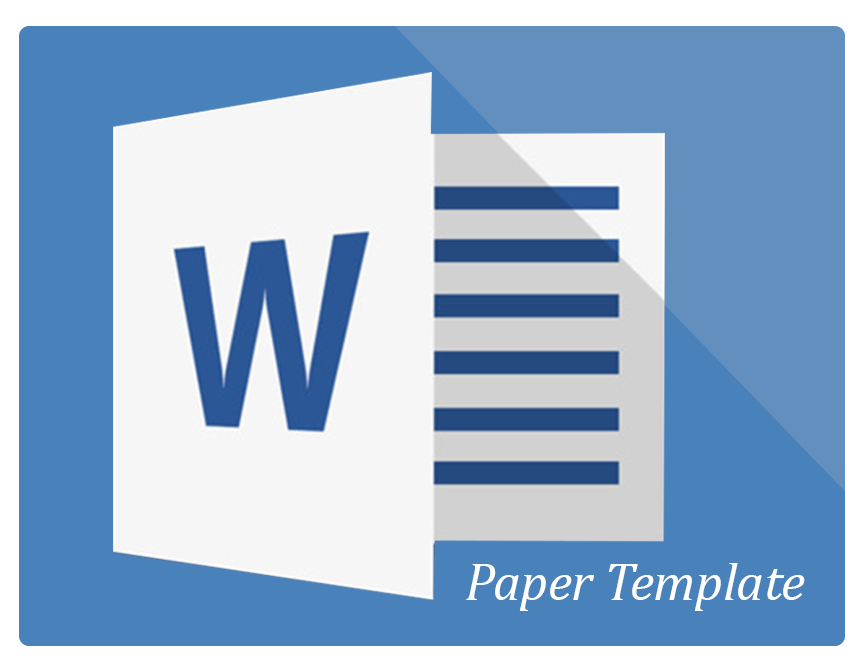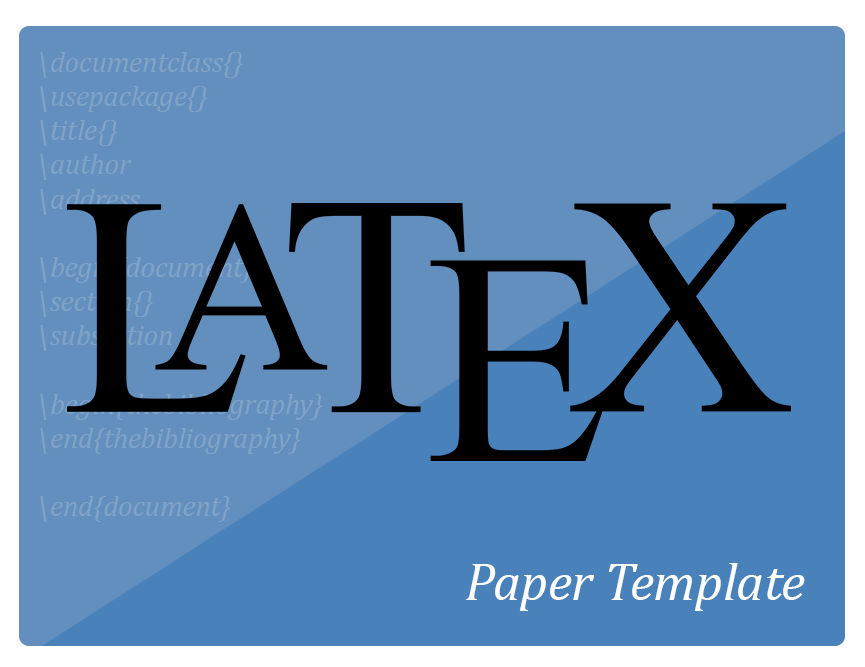Study Penerimaan Masyarakat Propinsi Selatan Terhadap Layanan E-Government Menggunakan Model Unified Theory of Acceptance And Use of Technology (UTAUT)
Abstract
Electronic government is the use of information technology by government institutions that enables the transformation of relations with citizens, business people, and fellow government institutions. The services provided are more accurate, easily accessible, low cost and save time for the community. With e-government, public services can be done 24 hours, anytime and anywhere without having to meet directly with the officers. And with e-government, the people also don't need to queue for service. Even though Indonesia actually already has e-government services, it is not very effective for the community to use it. People are more interested in using traditional methods. Namely by visiting government offices. But the website is rarely updated in news. Therefore we need research on e-government to find out the factors that influence the acceptance of e-government. In this study, researchers used the Unified Theory of Acceptance and Use of Technology (UTAUT) model with the variables Performance Expectancy, Effort Expectancy, Social Influence, Facilitating Condition, Privacy, trust as independent factors. Behavioral Intention and Use Behavior as dependent factors. Age and Gender as a moderation factor. This model will then be validated using the Structural Equation Modeling (SEM) method with the help of AMOS 22 software. After the model is validated using AMOS 22, which variables will be obtained are significant and which variables are not. Variable privacy, social influence is proven to influence behavioral intention. And behavioral intention variables are proven to influence the use behavior.








